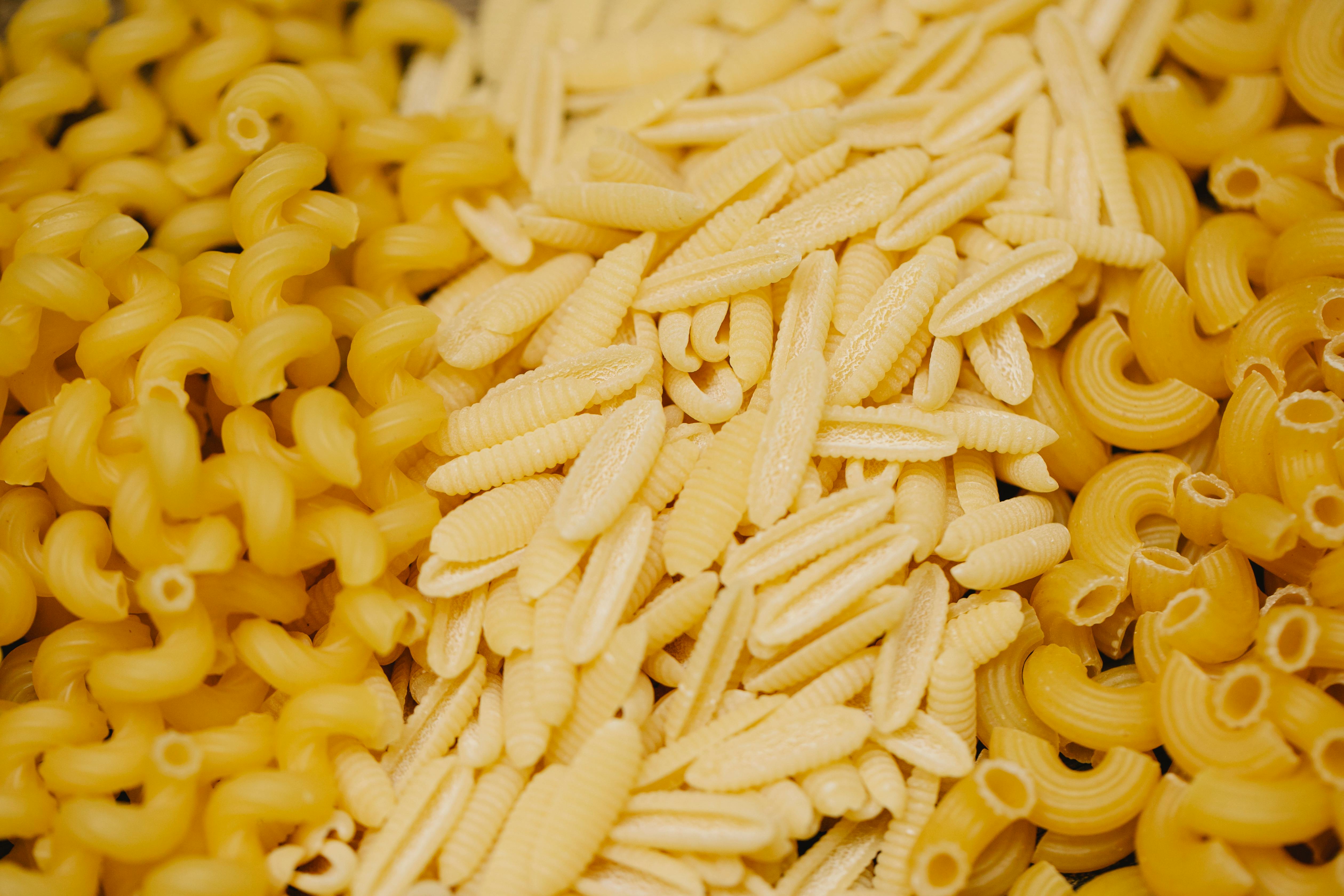Manually updating a local WordPress installation with Windows XP

Introduction
I recently upgraded WordPress from 2.8 to 3.0. Most tutorials, including the WordPress Codex, tell you how to update a live blog, which is stored on your web host’s server. I couldn’t find any information on manually updating an installation on a local computer (such as a test server for theme development), so I wrote this article.
You might be wondering, “Why not just use the auto-update feature?” Well, as documented by typing something like “WordPress 3.0 crashes when unpacking update” into Google without quotes, I ran into the issue that the automatic function stopped during the update. I had to install manually.
Basics of manual installation
It turned out that the manual update was quite easy, but it was very difficult at first due to the pitfalls that I didn’t pay attention to. Those will be documented in the “cheating” section below. Although I will not prepare a detailed tutorial, I will tell you how I updated my test blog in a very basic way. This same method is similar to the instructions on the WordPress update code page.
- First, I backed up the database by going to Tools, then Export in the admin panel. I then selected Download Export File. This method is documented in the article “How to Backup Your WordPress Blog in 60 Seconds” by Christopher S. Penn. Type the title of this article into Google to get more information.
- In the admin panel, there were Auto Install or Download buttons [WordPress version number]. I chose the download link for a manual installation
- I navigated to the folder where the file was downloaded. This can be a My Documents, Documents, or Downloads folder. In my case, it was a Downloads folder inside My Documents
- I unzipped the folder (WordPress-3.01.zip) by right clicking and selecting Extract All
- Following the Extract All wizard opens the extracted folder. I double clicked on the WordPress folder
- From here, I opened a second Explorer window by going to the Start menu, My Computer. From there I navigated to my original WordPress installation. I installed mine to Local Disk (C:), Program Files, Apache Software Foundation, Apache 2.2, htdocs, WordPress
- Once inside my original WordPress folder, I copied (Ctrl-C) the wp-includes and wp-admin files from my WordPress 3.01 folder and pasted (Ctrl-V) them into the original (WordPress 2.8) folder.
- Although I didn’t do the following step during installation, since my folders were already set up this way, it’s a good idea to set your folders in Windows XP to display the full path in the title bar. To do this, go to the menu item Tools, Folder Options…, View tab, check Show full path in title bar and Show full path in address bar. This way you can tell at a glance which folder you are in
- As mentioned on the WordPress update codex page, I did not copy the wp-content folder as this would overwrite my current themes and plugins. For WordPress 3.0, I copied the twenty Ten themes folder in wp-content,themes folder to get newer 3.0 default theme
- Finally, I copied all the files from the top level folder, WordPress, including index.php. I then pasted them into the original folder (2.8). I did not overwrite the .htaccess file or the wp-config.php file, leaving them as they are. These files are not usually included in a typical installation. I renamed the wp-config-sample.php file in WP 3.0 as wp-config-sample2.php just in case
- From here, I was prompted to log back into my admin panel and was prompted to update the database, following the link provided
- Installation was successful!
Traps related to Windows XP
The installation was successful after a lot of trial and error and cursing at my computer screen, that is. I was trying to follow the tips above to install manually after the frustrating hang on “Unpack update” on auto install. When I tried to manually move the wp-admin and wp-includes folder from the 3.0 folder to the 2.8 folder, I received the error message “Cannot create or replace wp-admin: access is denied”. What was even more frustrating was that I was getting these messages after sending the original file folders to the Recycle Bin by deleting them. I couldn’t even restore the files as access was denied! I must have thought that I threw away my entire WordPress installation and was unable to update.
I finally realized what the problem was. I was working on a limited account on Windows XP. I do this on purpose for security, because I don’t want to be online with an administrator account. To follow the instructions above, copy and move files in the Program Files folder and so on, I needed to be logged in to an account with administrator privileges.
I never found out if the limited account issue was the reason the auto-update feature wasn’t working. However, this advice is justified: if you update WordPress manually for a local installation, make sure you are using or have access to an account that has administrator privileges. I hope this article will be useful for those who have encountered the same problems as me. Thank you for reading.